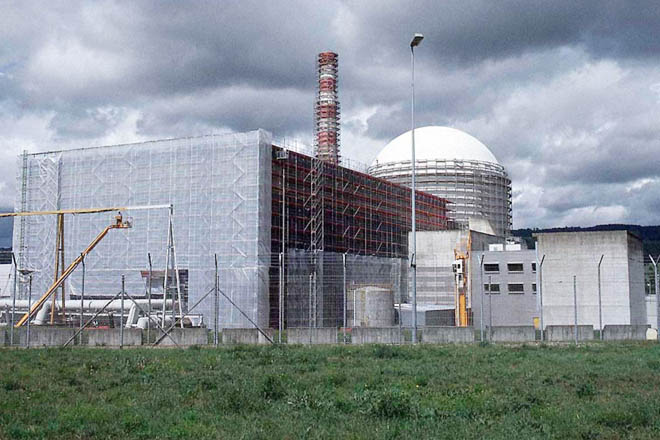Azerbaijan, Baku, August 13 / Trend, U. Sadikhova /
Despite the fact that Arab countries assess Iran's nuclear program in different ways, they are still against a military strike on Iran, which could lead to large-scale war in the Middle East, experts say.
"Most of the Arab countries, including those, who hold anti-Iranian positions, don't want this war, because it will affect the entire region," Oraib Al Rantawi, director of Al Quds Center for Political Studies told Trend over telephone.
He said the Arab countries, while it is possible, try to deter an attack on Iran by minor ways, for example, by supporting economic and diplomatic sanctions against Iran imposed by Western countries.
Iranian Foreign Minister Manuchohr Motakki, who held talks in Damascus with the Syrian President Bashar al-Assad this week, warned that the Israeli and the U.S. attacks on Iranian nuclear facilities will lead to war, which will involve all Middle Eastern countries.
According to him, Iran, Syria and its ally - the Lebanese opposition party Hezbollah are fully agreed with the necessity to resist the Israeli threat.
The day before the American publication The Atlantic published an article, which says that Israel can attack Iran by late 2010, without obtaining the U.S. consent for it.
An American analyst Jeffrey Goldberg, analyzing the recent statements by American, Israeli and Arab politicians, came to the conclusion that "period of the Israeli patience will end in December," if Iran doesn't stop the further development of its nuclear program.
A number of Arab countries, in particular the Persian Gulf States, secretly support bombing of Iran's nuclear facilities. In the July Washington Post publication quoted the UAE ambassador to the United States Yousef Al Otaiba, who called for attacking Iran to prevent the Islamic Republic to get nuclear weapons.
Arab countries of the Persian Gulf strongly support the idea of beginning of the confrontation with Iran, even if they don't say it openly, analyst Theodore Karasik, the Trend expert council's member, believes.
But at the same time, not all regional countries share this position, he said.
"Such countries as Egypt and Turkey are afraid of this confrontation. They understand that it will spread throughout the region. They prefer to remain aloof," the Institute for Near East and Gulf Military Analysis (INEGMA) research and development department director told Trend over phone from Dubai.
Syrian Foreign Minister Walid Moallem warned Israel amid the aggravation of the situation on the Lebanese-Israeli border and the failure of the peace process with the Palestinians that if it starts the war, all the Arab countries and Iran will participate in it.
Jordanian analyst Al-Rantavi thinks that the position of Arab countries, in particular, the pro-Western ones, in the supposed war with Iran will depend on the country which will make the first strike - the U.S. or Israel.
"The greatest danger today in the region is the probability of Israeli attacks that will lead to new clashes. In this case, the Arab countries will not be able to take anti-Iranian stance and be on Israel's side," Al-Rantavi said.
However, if the war against Iran is launched under the coordination of the international coalition with the consent of the United States, then the pro-Western Arab countries will support the plan, even if the other Arab neighbors stand against, he said.
Egyptian political analyst and member of Trend expert council Bashir Abdel Fattah has another view. He thinks that all the Arab countries today fear the consequences and results of the war against Iran.
"Perhaps, the war against Iran will unite Arab countries. If an attack occurs, it will likely to be made from the territory of other countries neighboring Iran - U.S. allies, but not Arab ones," Fattah told Trend over phone.
He said that Arab countries stand against the third war in the region, after Iraq and Afghanistan, because its consequences will be rather worse.
"The attack on Iran will lead to a dramatic imbalance on the oil market and huge flow of refugees to neighboring Arab countries. Arab countries, having no cooperation with Iran, are afraid of this war," Egyptian analyst said.






